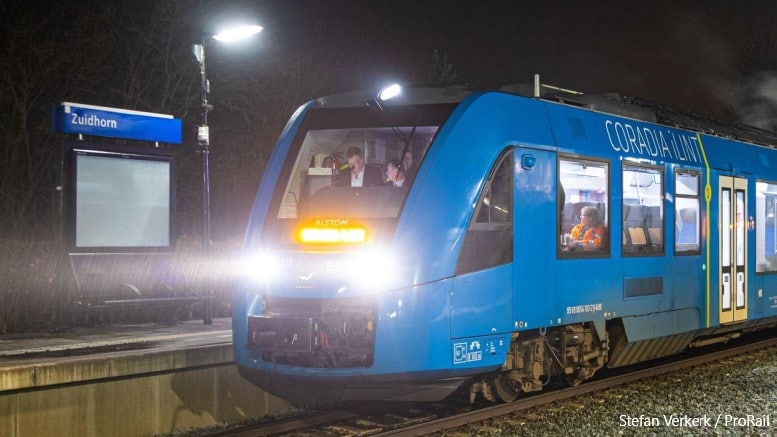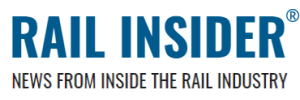
Following successful trial runs made by Alstom’s Coradia iLint hydrogen train in the Netherlands, the Province of Groningen has published a report outlining the results of the tests performed in March on the 65 kilometres of line between Groningen and Leeuwarden in the north of the Netherlands.
The report states that Alstom’s hydrogen train is a fully viable alternative to diesel equipment and that it successfully met the test’s four objectives: authorisation by the Dutch NSA (National Safety Assessor) to run on the Dutch railway network, fully ‘zero emission’ and able to operate commercial services under the current timetable, quick and easy to refuel and to introduce the general public to hydrogen-fuelled transportation.

The tests, carried out without passengers, were led by independent testing inspection and certification company and undertaken in conjunction with the Province of Groningen operator Arriva, the Dutch railway infrastructure manager ProRail and the energy company Engie.

Bernard Belvaux, managing director of Alstom Benelux, said: “After Germany, the Netherlands is the second country in Europe where the Alstom’s hydrogen train has proven itself a unique emissions-free solution for non-electrified lines.
“The tests have demonstrated how our hydrogen train is mature in terms of availability and reliability, providing the same performance as diesel equipment, and with the benefit of low noise and zero emissions.
“The Coradia iLint hydrogen train supports the transition towards global sustainable transport systems.”
The Dutch drivers found the train comfortable, smooth and easy to drive. Refuelling with green hydrogen went faster than expected and was performed safely. Moreover, the tests confirmed that the zero-emission train is significantly quieter than the current diesels – a significant benefit for passengers and line-side neighbours.
Both the all-stations timetable and the express timetable were successfully followed, showing that the iLint is suitable for commercial service. Hydrogen consumption, infrastructure compatibility, acceleration, braking, docking, maximum speed and auxiliary performance all met expectations.
The report concluded that all the goals of the tests had been achieved and that the hydrogen train is a fully viable alternative to diesel equipment.


Be the first to comment